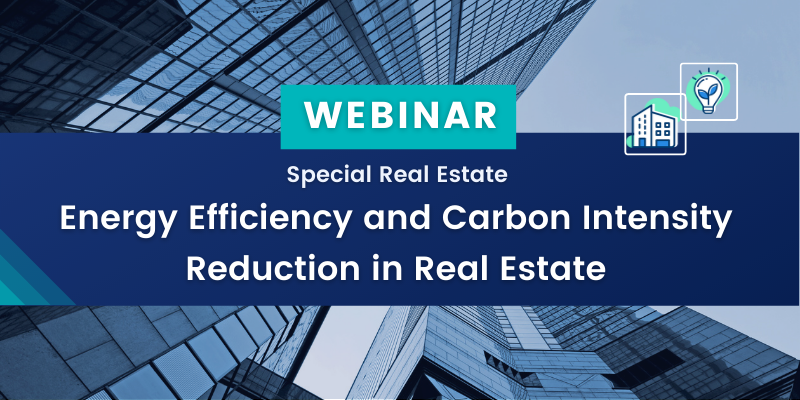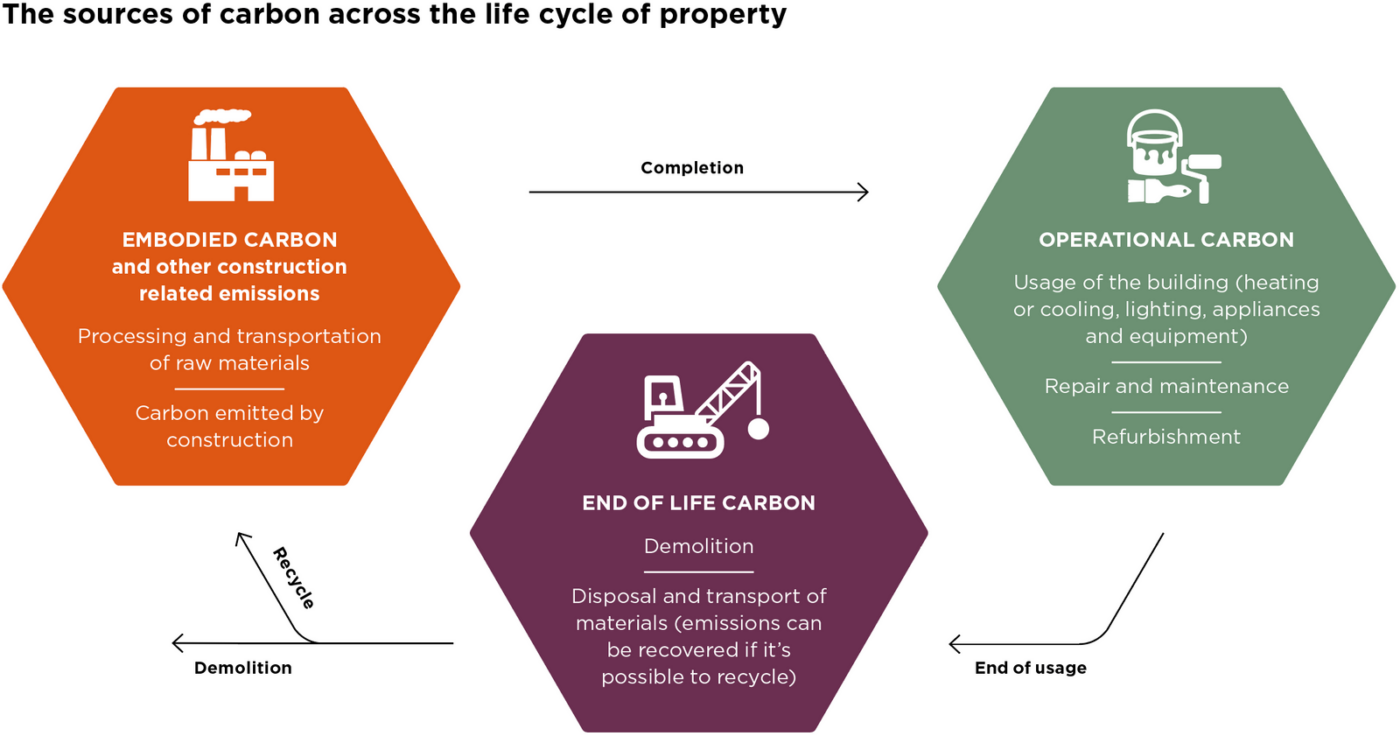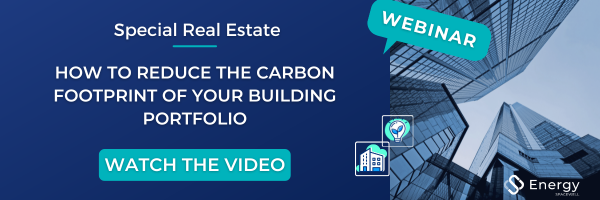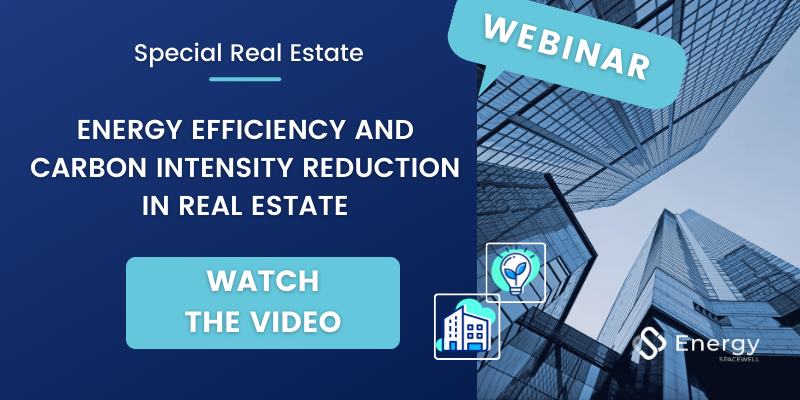The real estate sector is undergoing major changes. More than ever, awareness and regulation in favour of a sustainable sector are changing the economic landscape.
Sustainable building portfolios are increasingly in demand at every stage of their life cycle. Therefore, strategies and tools to help identify and implement sustainability and energy efficiency measures are becoming ever more important.
Moreover, achieving energy efficiency in the real estate sector is a real advantage. Indeed, it increases competitiveness and addresses sustainability issues, while complying with legislation and ESG criteria.
How to Improve the Sustainability of Your Building Portfolio?
The concept of sustainability in buildings was introduced many years ago. However, it is gaining momentum in response to consumers’ growing awareness and demands. Indeed, it seems clear that to accelerate the ecological transition, the carbon footprint of many sectors has to be reduced, especially the built environment, accounting for 40% of the UK’s carbon footprint.
Source: Savills (2021)
As shown on the graph, every stage of a property’s life generates carbon emissions. However, from the construction phase to the operational phase of a building, several solutions are available to reduce the carbon footprint. These include the use of renewable resources, the reuse of resources, or simply the minimisation and/or optimisation of resource consumption.
Whatever solutions you choose, it is possible to get them certified by undergoing an assessment process. In this article, we reviewed the main sustainability and energy efficiency certifications in the real estate sector. Obtaining such certifications assures the quality and comfort that your buildings’ end-users are looking for. In addition, they allow you to meet certain regulations such as the 2008/2022 energy efficiency directive that set a significant target for energy efficiency improvements by 2030.
How to Improve the Energy Performance of your Building Portfolio?
Energy efficiency is one of the solutions you can implement across all your buildings. First, it is necessary to carry out a thorough analysis of your energy consumption. You can certainly analyse and understand your bills one by one. However, software such as an Energy Management System (EMS) can help you handle some of the more tedious tasks. Indeed, as part of an energy efficiency project, an EMS such as DEXMA Platform assists real estate companies in analysing their buildings and facilitates the assessment of potential savings and measures to be implemented.
In summary, if you want to reduce your costs and energy footprint, an EMS is a way to better understand, manage and optimise your energy consumption.
So, are you ready to take on the challenges of making your buildings more sustainable?
Sustainability requires that you consider energy as part of your overall business strategy and take a long-term approach. Indeed, sustainability must be cross-cutting and present at all levels of an organisation.
In our webinar you will have the opportunity to discover :
- The main challenges of the real estate industry and the main regulatory drivers.
- How real estate companies can take advantage of advanced tools to define and analyse the energy consumption of their portfolio.
- How to use virtual energy audits to obtain a savings assessment and tailored recommendations.
- How to digitalise the management of consumption and emissions: EMS integration, AI, machine learning & big data in Real Estate
- How to optimise the processes: Reporting savings, sustainability, energy efficiency
If you are interested in this topic and would like to learn more, please download this “Real Estate Special” Recording by clicking here.
We look forward to seeing you!





